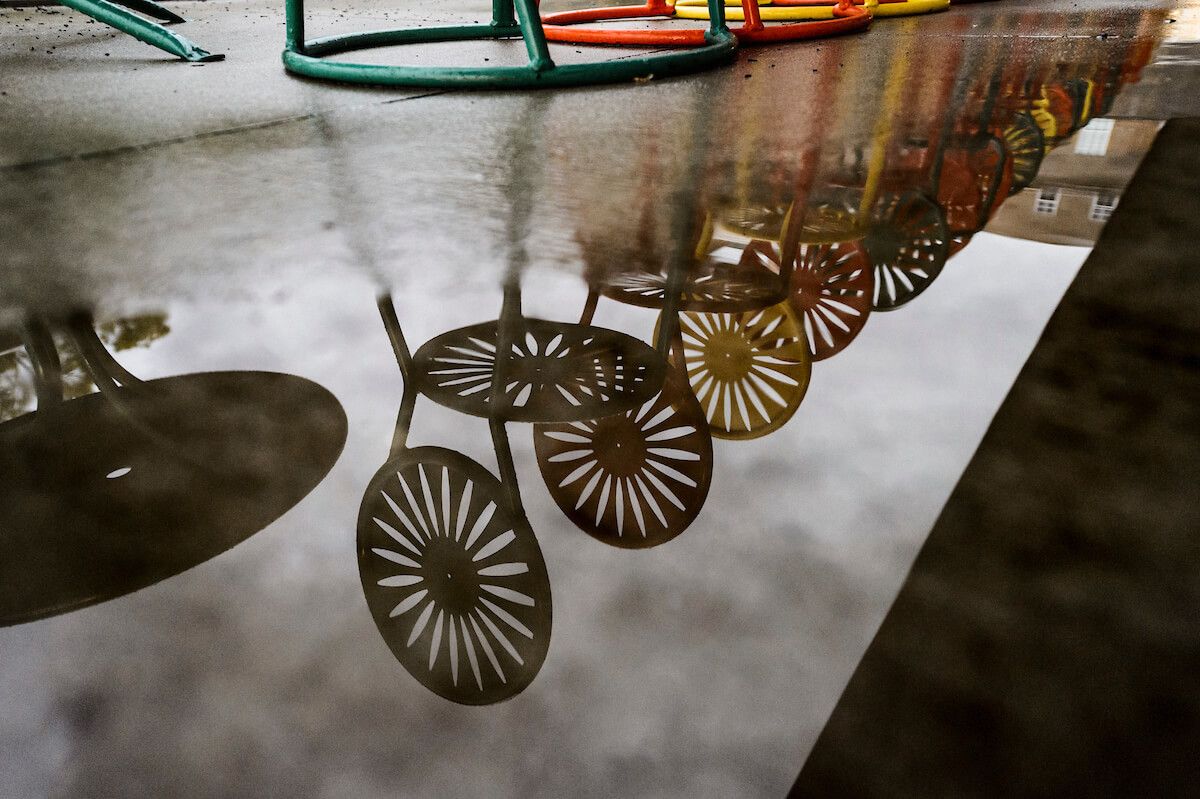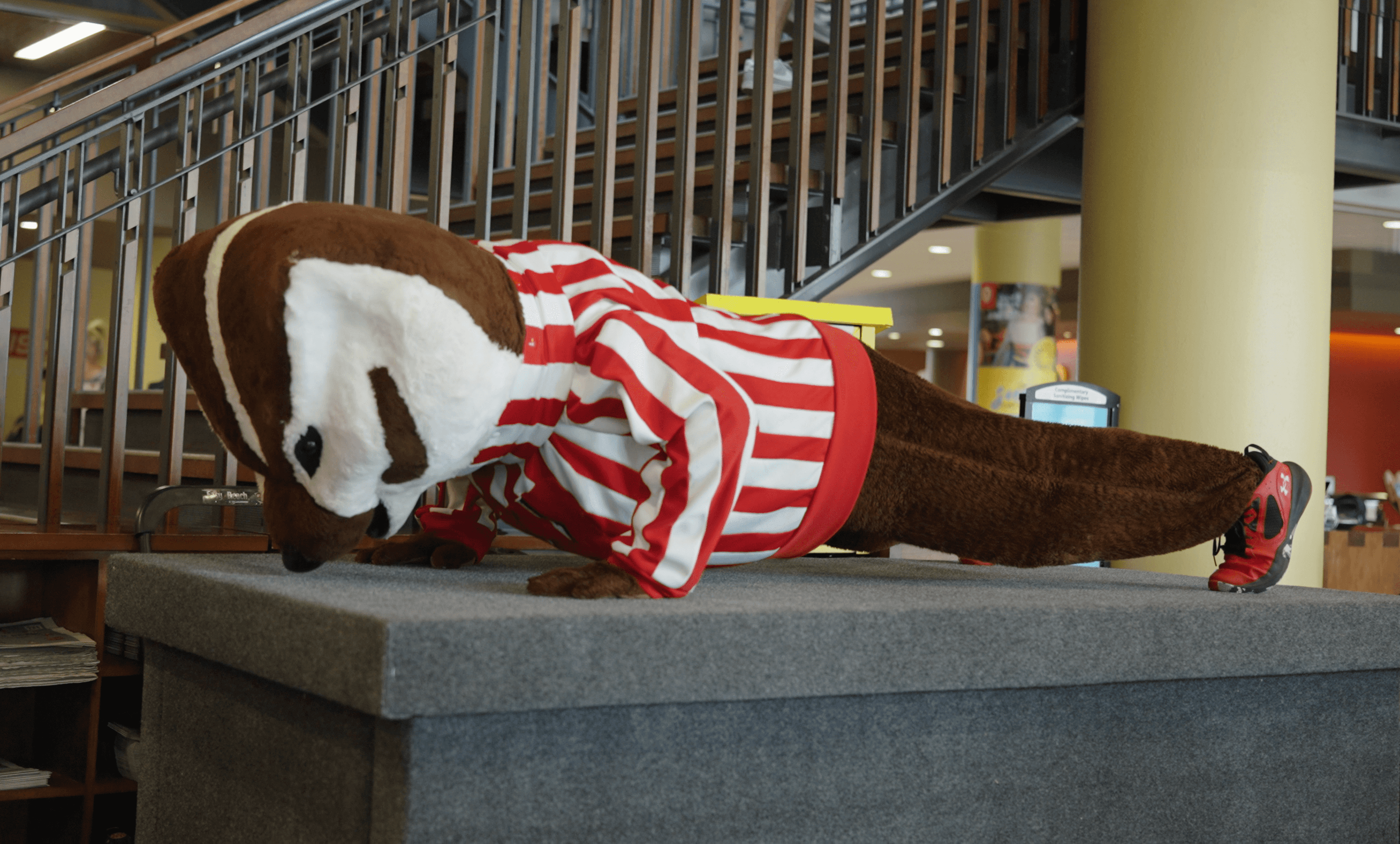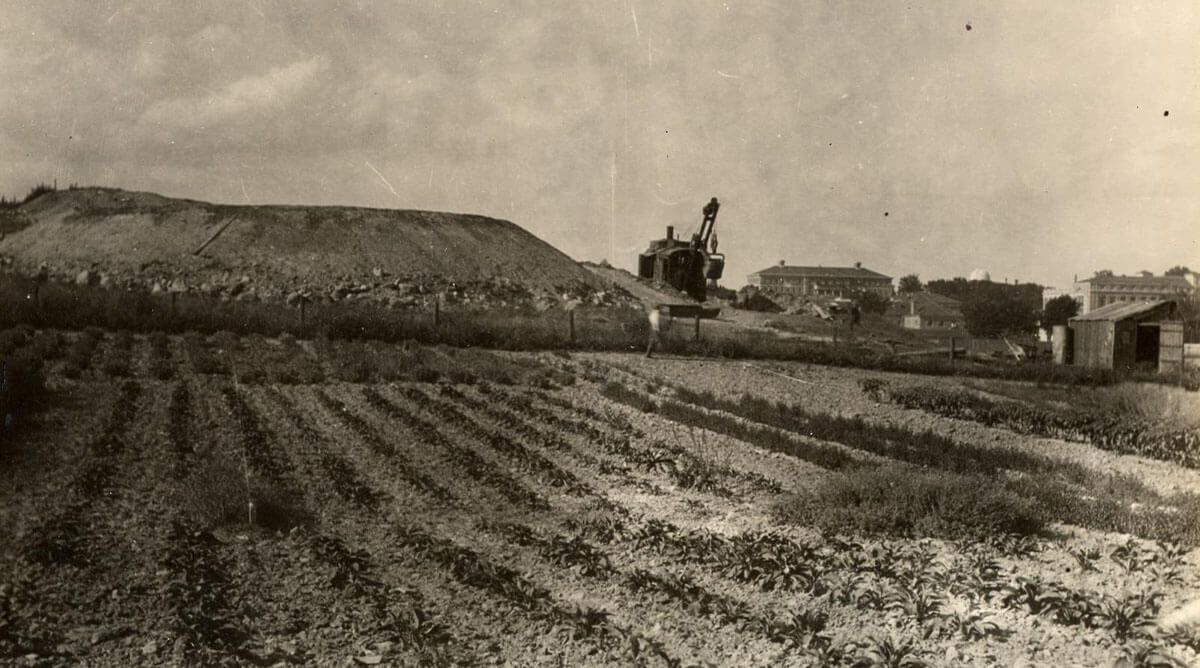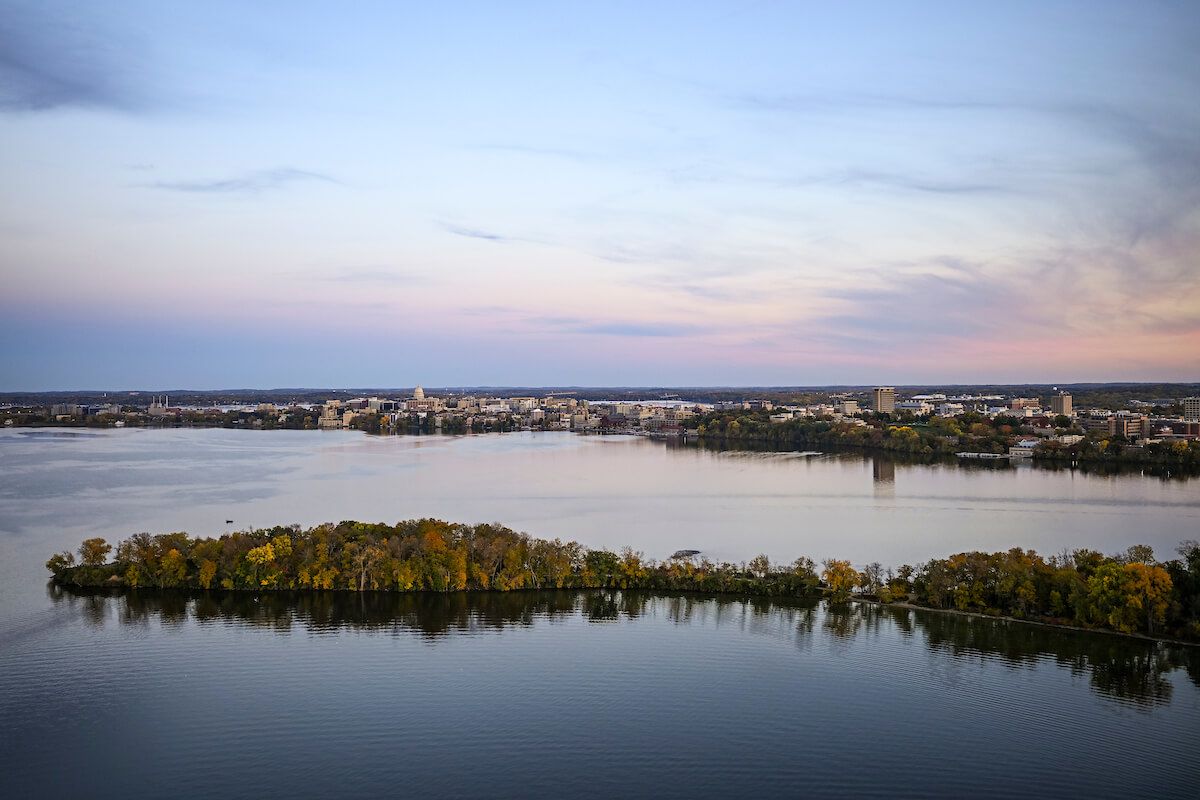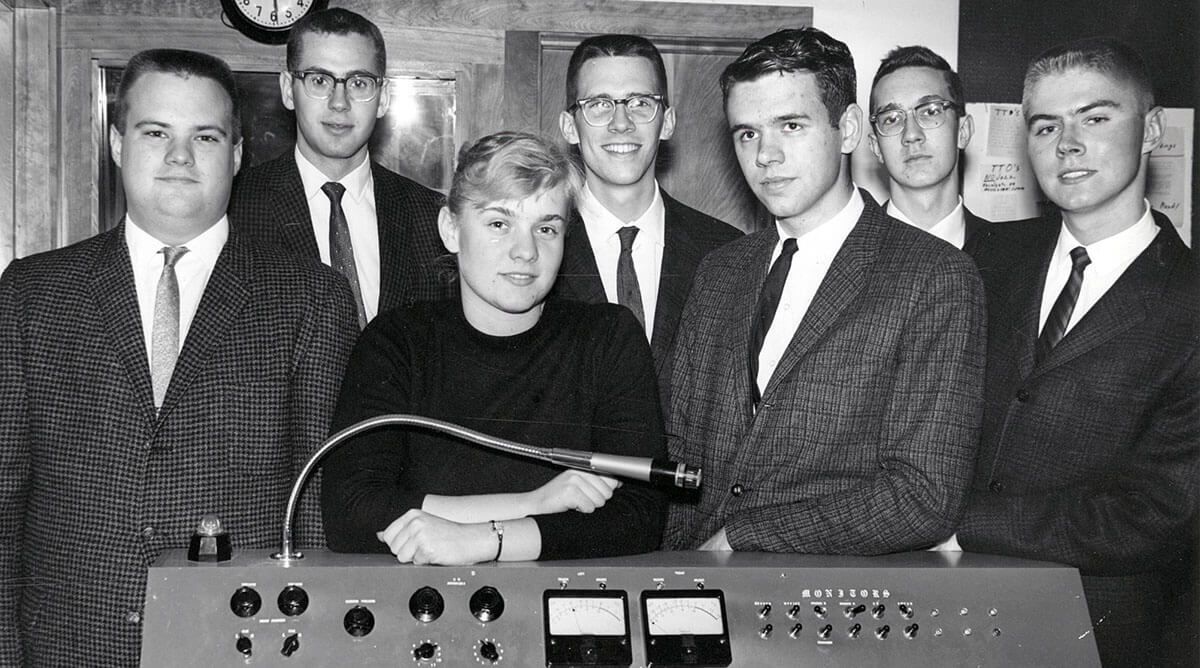As the U.S. approaches the 2022 midterm elections, it’s go time for Barry Burden, a UW professor of political science, the founding director of the Elections Research Center, and the Lyons Family Chair in Electoral Politics. He’s also an affiliate of the Center for Demography of Health and Aging, the School of Journalism and Mass Communication, and the Robert M. La Follette School of Public Affairs. Burden earned his PhD from Ohio State in 1998 and taught at Louisiana State University and Harvard before joining the UW in 2006. While he’s always found electoral politics compelling, Burden explains how American politics have recently become even more interesting — in good ways and bad.
Chief Area of Research:
I’m a professor of political science. I’m also director of the Elections Research Center. So, this is my season. Elections are what I study more than anything else. I’ve had a lifelong interest. It has just always seemed to me that elections were at the center of everything that makes politics in a democratic society work. What aspects of that are interesting and worth studying have changed over time. But it still feels to me like there’s probably nothing more vital — at least, in democratic societies — than studying how elections operate.
On the UW Now, I’ll Discuss:
I want to have a look at the amazing level of voter engagement this year in anticipation of what we think will be a very high level of voter turnout. The U.S. has just come off two consecutive election cycles with record turnout. The 2020 election had the highest in about a century, even though there was a pandemic [and] other challenges facing the election system. Somehow, Americans were motivated to show up. The last midterm election before [2020], also set a record for midterm elections for about the highest in a century. It does look like there are really high levels of engagement — a lot of high turnout in the primaries earlier this year. Surveys indicate a lot of interest. Not all of that is for healthy reasons. A lot of that is fear or anger driving people to the polls. But that’s one observation about this year: very high levels of voter engagement or interest.
I also want to talk about what’s likely to happen in the elections in terms of results for the two parties. The historic pattern is really important to understand. Traditionally, the party that’s in the White House will lose seats — will have a bad year in a midterm. That’s true in Congress. It’s also true in governors’ races and down-ballot races. The Democrats are in full control of Washington. They have the White House. They have both chambers of Congress. So they’re likely to suffer some losses, and the question I want to think about is whether those are likely to be bigger or smaller than what parties normally experience.
One Thing I’d Like Viewers to Remember Is:
We’re at a particularly intense moment of American politics, and it’s showing up in our elections in good and bad ways. The very substantial disagreements that partisans on both sides have about the facts or their confidence in the election system, coupled with the competitive nature of our party system at the moment, is fueling a lot of involvement — some of it good. We think voter participation is generally a good thing. But some of it is also driven by misinformation or hostility or other things that we think might be harmful. I think this year demonstrates the power of democracy — what voters can do — but also the real challenges of trying to maintain a democratic system.
To Get Smart Fast, Check Out:
On social media, [viewers] could follow the Elections Research Center. We have Facebook and Twitter and a YouTube channel. Some of our previous events — we’ve done several events this year — all of those videos are on the YouTube channel. So if they’d like to just keep up with what faculty are doing elections-wise, that’d be a great place.

